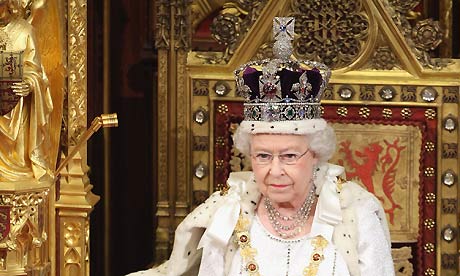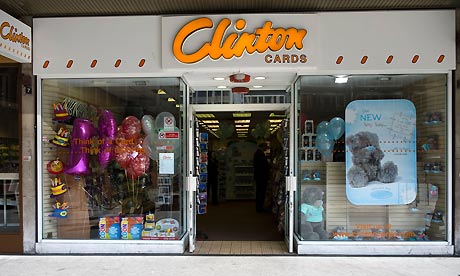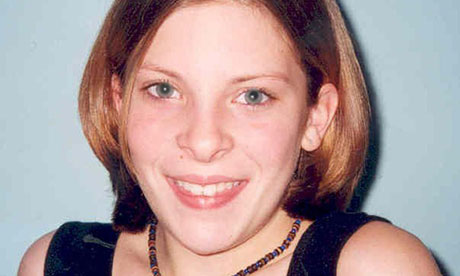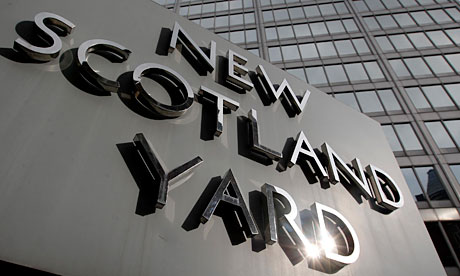Milly Dowler: police said because the full technical call data was missing, reaching a definitive conclusion may never be possible. Photograph: Surrey police/PA
The full truth about the extent of hacking into Milly Dowler's phone may never be known, police have admitted. Their report to the Leveson inquiry followed an investigation lasting five months into the hacking of the murdered teenager's phone.
"It is not possible to state with any certainty whether Milly's voicemails were or were not deleted," says
the report, which was written by Detective Chief Inspector John Macdonald from the Metropolitan police's Operation Weeting, which is investigating phone hacking.
He said two voicemail messages appeared to have been removed at the time, but because the full technical call data was missing, "reaching a definitive conclusion is not and may never be possible".
The police said last year that a Guardian report might have mistakenly blamed the News of the World private detective Glenn Mulcaire for deleting Milly's voicemails and giving her family "false hope" that she was still alive because new evidence had emerged about the dates of calls.
Wednesday's report does not seek to exonerate Mulcaire over the deletions but refers only to NoW reporters.
It says: "There is no evidence at present to support a suggestion that any journalist attempted to hack into Milly's phone prior to 26th March 2002."
It is believed the "false hope" moment when Sally Dowler found that messages had been deleted on Milly's phone was on 24 March.
The report confirms, however, that NoW hacking did subsequently take place.
Gill Phillips, the lawyer for the Guardian, which originally revealed the hacking of Milly's phone, told the inquiry: "The Guardian welcomes the fact that the Metropolitan police has modified its statement from last December.
"The Guardian has no wish to cause any distress to the Dowler family. We also recognise the continuing need for care in reporting this matter given the ongoing criminal investigation."
She said the statement made clear that "the News of the World hacked into the voice messages of Milly Dowler after she disappeared in March 2002. The police have found evidence to suggest that somebody may have manually deleted two of Milly's messages but they have been unable to identify the person responsible. They have also found evidence which suggests automatic deletion.
"In April 2002. Surrey police made a connection between the apparent deletion of Milly's messages and the News of the World. The manual deletion of the messages was discussed by Sally and Bob Dowler and the police during meetings in 2011. The Dowlers speculated to the police that their 'false hope moment' was due to such manual deletion. Surrey police continued to regard this link as 'completely reasonable and absolutely possible' and the Metropolitan police did not seek to dissuade Mr and Mrs Dowler from this belief. The Guardian's story of 4 July 2011 was based on multiple sources and their state of knowledge at the time. Our error – as we acknowledged and corrected last December – was to have written about the cause of the deletions as a fact rather than as the belief of several people involved in the case. We regret that.
"After five more months of intensive inquiry, the police have found that the passage of time and the loss of evidence means that 'reaching a definitive conclusion is not and may never be possible'."
The NoW lawyer, Antony White QC, said repeated an apology for the NoW's behaviour. He said that nevertheless the false hope moment was likely to have been caused by automatic dropping-off of voicemails after 72 hours.
The Guardian submitted to the inquiry a timeline detailing the paper's understanding of the sequence of events surrounding the hacking of Milly's phone.
David Sherborne, for the Dowlers and other hacking victims, said important questions remained unanswered and that the NoW was "rotten to its core".
He read out a statement from the Dowler family. They thanked the police team for their efforts, but said "neglect and deference" by Surrey police in 2002 had caused the original failure to investigate and prosecute the NoW for hacking. Praising the Guardian's reporter, Nick Davies, they said the scandal had only come to light thanks to the "relentless efforts of one journalist".
Sherborne said: "If Surrey police had prosecuted this activity in 2002 then the position would have been very different and perhaps countless others might also have been avoided having their private messages hacked into by the News of the World. Police neglect and deference meant that it took the relentless efforts of one journalist to uncover what the police knew had gone on, and whilst we would never have wished to have been thrust into the middle of this extraordinary scandal on top of what we have already had to deal with as a family, we continue to have faith that his efforts and the efforts of the inquiry and Operation Weeting will have a lasting positive impact."
Later Mark Lewis, the solicitor acting for the Dowler family, said Rupert Murdoch's decision to pay Milly Dowler's parents £3m in an out-of-court settlement for phone hacking had nothing to do with allegations that the News of the World had deleted her voicemails.
He said demands that some of the Dowler money be refunded, because it was impossible to say whether or not the News of the World deleted a voicemail that led to the "false hope" that the teenager might be alive, were misplaced.
"I cannot recall ever discussing the concept of false hope in any negotiations between the Dowlers through me and News Corporation through their lawyers," he said.






